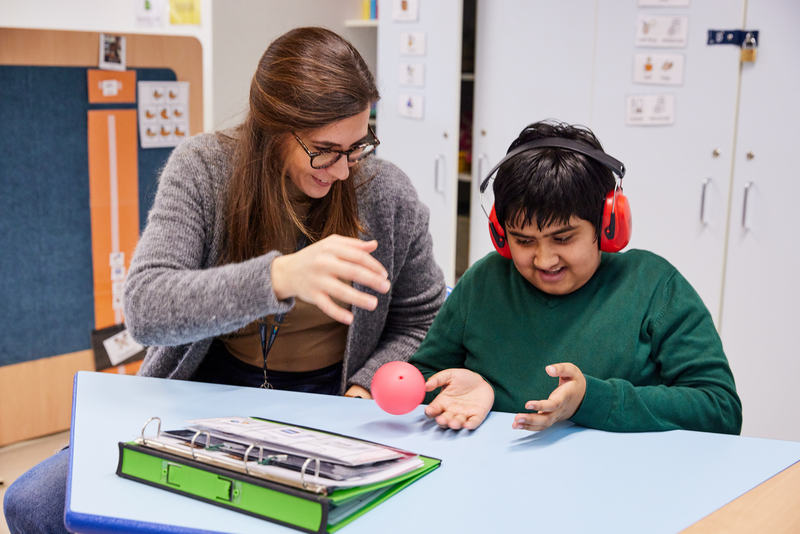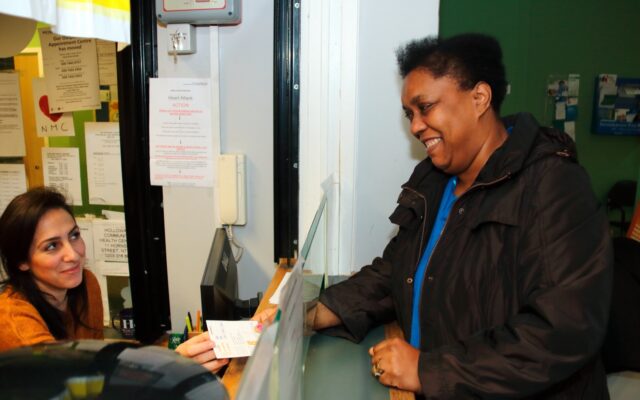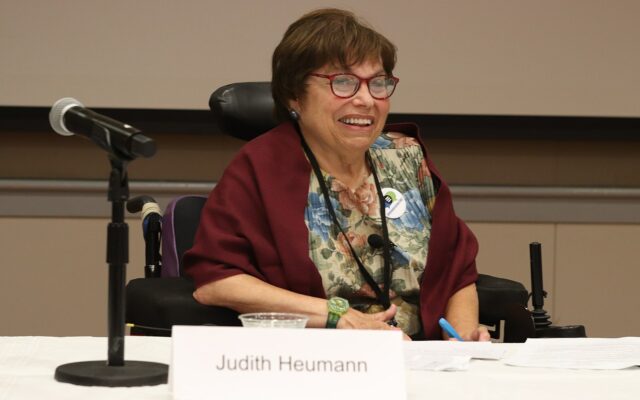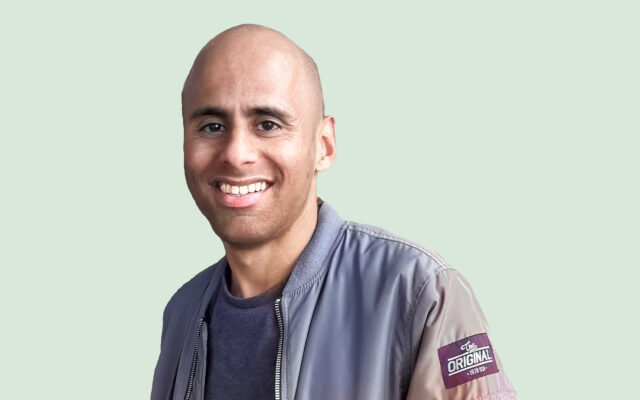But, if you are autistic or have a learning disability, summer leisure is not guaranteed. Nor are opportunities for work, training or learning.
Losing out on childhood holiday activities or education will affect your future as an adult.
As the Disabled Children’s Partnership shows, young people often miss out on playing with others or on summer trips. Families lose support once schools break up. If you do find a holiday club place, it’s unlikely to have specialist workers.
Meanwhile in schools, funding for special educational needs and disabilities (SEND) is abysmal. Ambitious about Autism, for example, says that the government’s recently published SEND improvement plan is inadequate, not least because it fails to tackle teacher shortages.
A focus on aspiration would help shift the narrative reflected in headlines and government messaging that disabled people are an unproductive burden on the state.
For students to be prepared for adulthood, special school inspections need to change. The inspectors for care and education – the Care Quality Commission and Ofsted – focus on their respective sectors but residential schools and colleges need a holistic approach.
Boosting aspirations also requires more visibility and representation, like the appointment of Paul Taylor, the UK’s first university lecturer with learning disabilities. He teaches healthcare undergraduates about learning disability issues.
Taylor’s appointment is impressive but it is notable that he accepts only expenses for the role because the part-time wage is so small. Still, this does not detract from his achievements.
A focus on aspiration would help shift the narrative reflected in headlines and government messaging that disabled people are an unproductive burden on the state.
We need more stories like Taylor’s, along with decent support in childhood and beyond, if the prospect of people living fulfilling lives in proper communities is to become the rule rather than the exception.
Saba Salman
Editor





